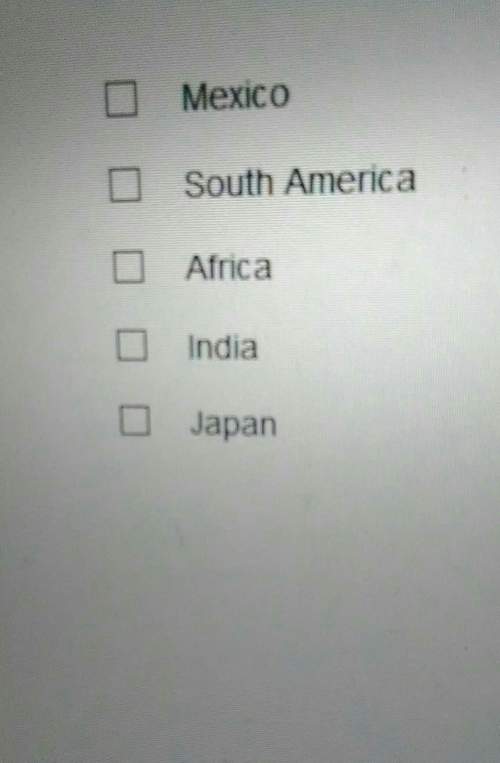
History, 17.05.2021 19:00 katelynnjoyce1
PASSAGE: "To the extent of compelling obedience to his purpose of making Germany powerful and united Hitler must be regarded as a radical in internal policy and there can be little doubt concerning the sincerity of his denunciation of ‘bourgeois’ opposition, or rather indifference. The quicker the pace is accelerated, as it has been through the lengthening of the military service period, and the greater the difficulties may perhaps become, the more the Army, which once looked askance at the excesses of the Party, and which at one time was deemed to furnish support to those conservative elements interested in the issue of personal liberty, may be expected to rely upon the latter to keep the population in political alignment. A firmer basis of mutual respect appears to have developed between the Army and the Party: on the one hand through reverence for the common leader, Hitler, and through the Army’s realization of the Party’s utility; and on the other, by virtue of the Party’s admiration of the Army as the instrument whose growth has made possible Germany’s foreign successes and which is looked to eventually to furnish more.”
Ambassador William Dodd’s conclusions on the Seventh Congress of the National Socialist Party, to US secretary of state Cordell Hull, September 24, 1936
QUESTION: Based on the passage and your knowledge of world history, which of the following best explains the role of World War I as a cause of World War II?
A) Commitment to abiding by the conditions of the Treaty of Versailles contributed to economic expansion, culminating in Germany using funds to rebuild its military for territorial expansion.
B) Resentment over the loss of World War I contributed to an embrace of military growth in Germany, leading to Germany’s military alliances with Britain and the United States.
C) Commitment to maintaining control over territory won during World War I contributed to the failure of Germany’s experiment in democracy, resulting in civil war and sparking World War II.
D) Resentment over the conditions of the Treaty of Versailles contributed to a nationalistic segment of German society that elected the Nazi Party and created conditions for World War II.

Answers: 3
Another question on History

History, 22.06.2019 00:00
What was new about the writing system developed by the phoenicians, and why was this important to the growth of knowledge and spread of ideas?
Answers: 2

History, 22.06.2019 06:30
Which religious movement was joined by organized labor to improve work-related concerns? second great awakening social gospel movement first great awakening christian fundamentalism
Answers: 3

History, 22.06.2019 07:00
What kind of organizations are supported by economic interest groups? a. civil rights organizations b. professional organizations c. womens' rights organizations d. business and trade organizations
Answers: 1

You know the right answer?
PASSAGE: "To the extent of compelling obedience to his purpose of making Germany powerful and united...
Questions

Advanced Placement (AP), 17.05.2021 19:40

History, 17.05.2021 19:40




Mathematics, 17.05.2021 19:40

Mathematics, 17.05.2021 19:40


Mathematics, 17.05.2021 19:40


Computers and Technology, 17.05.2021 19:40



French, 17.05.2021 19:40


Mathematics, 17.05.2021 19:40

Mathematics, 17.05.2021 19:40



History, 17.05.2021 19:40




